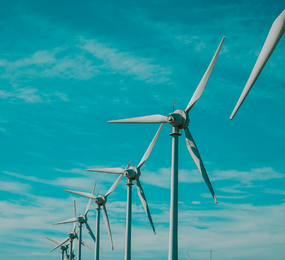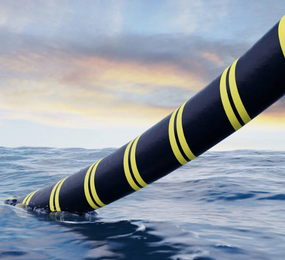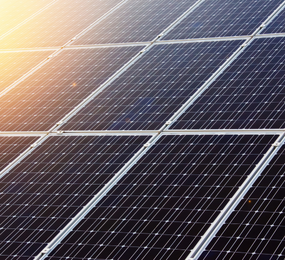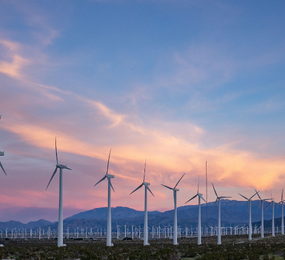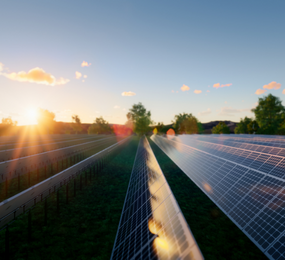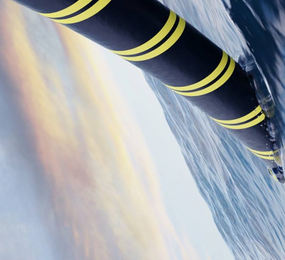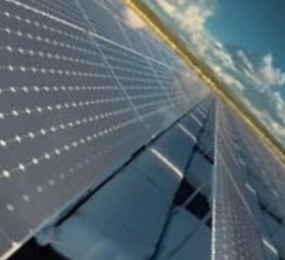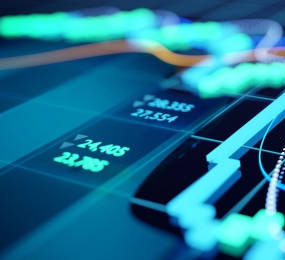Using bioplastics, or polymers made partially or entirely from biomass or that are biodegradable, in place of conventional plastics derived from fossil fuels, has become more and more popular in recent years.
Bioplastics — typically plastics manufactured from bio-based polymers — stand to contribute to more sustainable commercial plastic life cycles as part of a circular economy, in which virgin polymers are generated from renewable or recycled raw materials. Carbon-neutral energy is used for production and products are reused or recycled at their end of life (EOL). Bio-based plastics can be more environmentally friendly and have better material qualities than fossil-based ones. Some of them even provide biodegradation as an EOL scenario when carried out in controlled or predictable circumstances. They can also be compatible with current recycling streams.
Only if the development of bioplastics is based on consuming within the constraints of the planet, ethical and local sourcing, resource efficiency, waste prevention, reuse, and recycling will bioplastics have the potential to play a positive role in the transition to a true circular economy.
The EU must make sure that all potential policies, regulations, and initiatives pertaining to plastics and bioplastics, in particular the EU Packaging and Packaging Waste Directive, the EU Strategy on Plastics, and the review of the EU Bioeconomy Strategy, advance real solutions that push us upward rather than downward in the waste hierarchy.
Additionally, consumers must receive clear information about the biodegradability and recyclable content of bioplastics, and their proper integration into collection systems must be ensured.
It is obvious that bioplastics are not a magic solution to solve the problem of pollution and overconsumption of plastics but bioplastics can certainly play a positive role, but governments, industry, and citizens must continue to be focused on the need to reduce all plastic use and on prioritizing the EU waste hierarchy, which means putting waste prevention first.
Join us on 1st - 2nd March, 2023 for the World Biopolymers and Bioplastics Innovation Forum, in Berlin, Germany so you don't feel left out in the industry!
To register or learn more about the Forum please check here: https://bit.ly/3TQ1k8m
For more information and group participation, contact us: [email protected]


